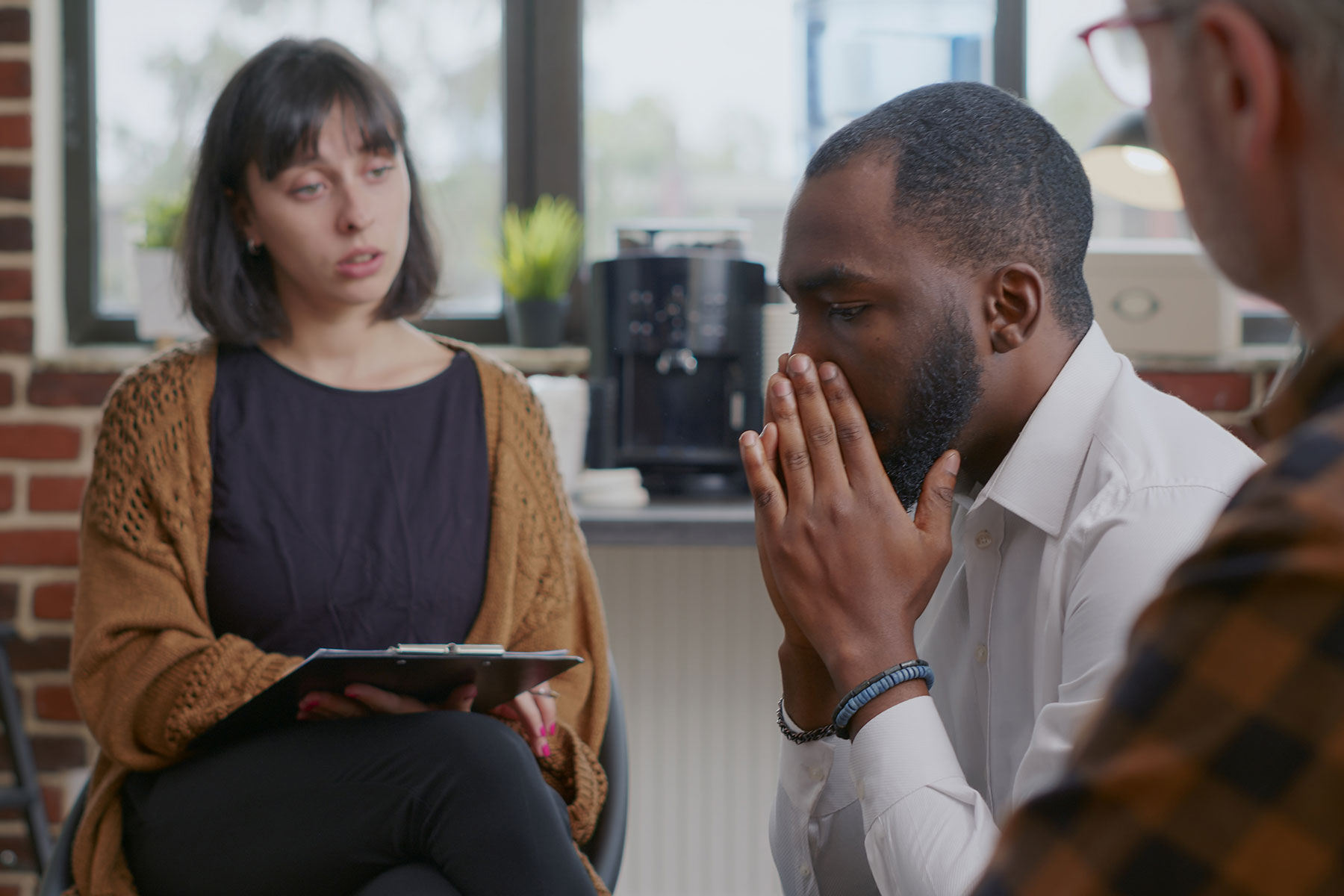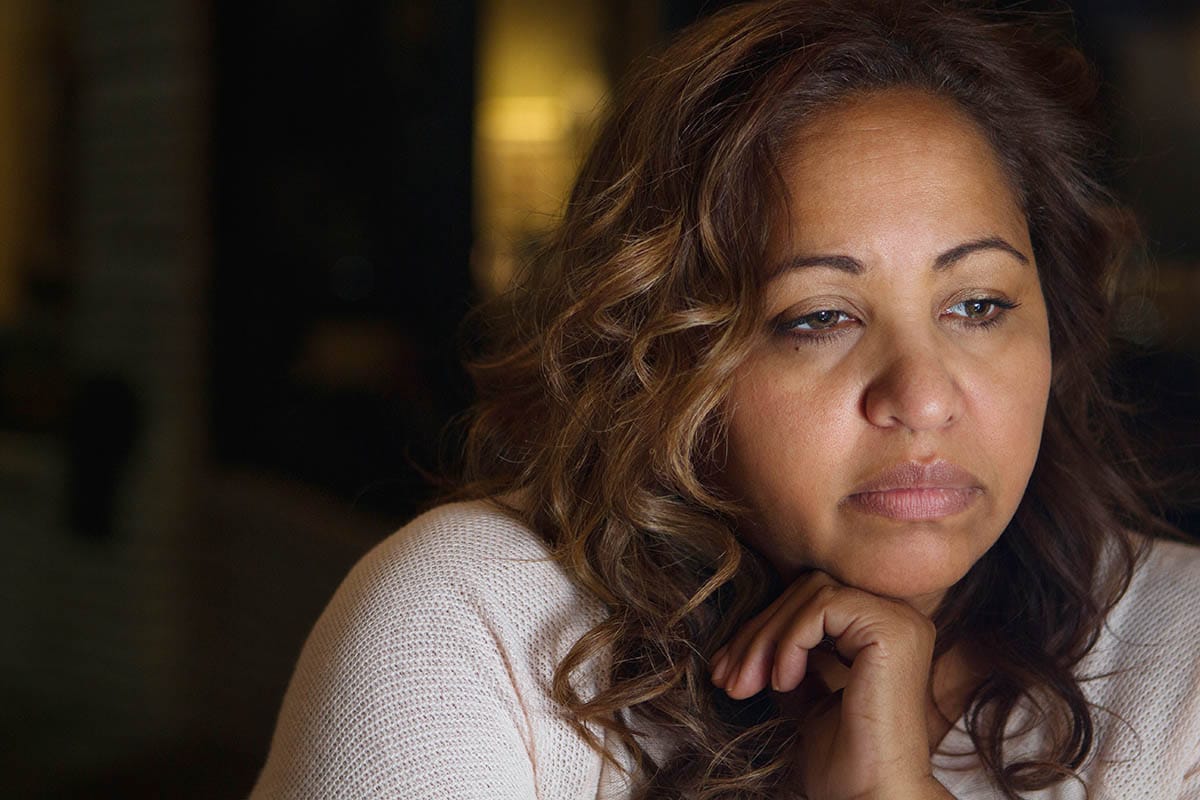Heroin is an illegal opioid that has an extremely high rate of addiction and abuse due to its long-lasting properties. In 2021, more than 1,200 Colorado residents died from a drug overdose, with opioids making up 75% of those deaths.1 If you need help recognizing the signs of heroin abuse, you’ve come to the right place. What you learn today may help save the life of a friend, spouse, or family member.
At Colorado Medication Assisted Recovery, we support individuals who are struggling with heroin addiction and want help stopping the abuse before it is too late. Our dedicated team will welcome you to our discreet facility and create a tailored treatment program that includes medication-assisted treatment, cognitive-behavioral therapy, and other proven therapeutic treatments.
For more information regarding our heroin addiction treatment program, call 833.448.0127 today.
Symptoms of Heroin Abuse
When you use heroin, it has an immediate effect on your physical and mental health. It creates a euphoric rush that lasts for several hours and is one of the main reasons why it is so addicting. It affects the delicate chemical balance in your body and, with continual use, will begin to depend on a constant supply.
While some people may seem like they can use small amounts of heroin and not become addicted, the reality is they are. They will tell you they have everything under control, but if they stop, they will experience a number of uncomfortable and painful symptoms along with intense cravings for more heroin.
Short-term symptoms of heroin abuse include:
- Euphoria
- Flushed skin
- Dry mouth
- Arms and legs feel heavy
- Confusion
- Drowsiness
- Constricted pupils
- Slowed breathing
- Nausea and vomiting
Long-Term Symptoms
Those who continue to abuse heroin will develop a number of long-term symptoms, such as:
- Physical dependence and addiction
- Severe flu-like symptoms
- Intense cravings for heroin
- Collapsed veins for intravenous users
- Liver and kidney disease
- Increased risk of pneumonia and tuberculosis
- Anti-social personality disorder
- Sexual dysfunction and increased risk of miscarriage and congenital disabilities
Recognizing the signs of heroin addiction gets easier when you are familiar with the symptoms as well as other signs that indicate a substance use disorder. If you feel a loved one can benefit from our heroin addiction treatment program, contact Colorado Medication Assisted Recovery today to begin the recovery process.
Recognizing the Signs of Heroin Abuse
It can sometimes be difficult to recognize if a friend or loved one is abusing heroin. They will go to great lengths to hide any visible signs of abuse that can be hard to spot if you don’t know what to look for.
If you are concerned that someone you know is abusing heroin, here are some of the common signs of a heroin addiction:
Behavioral Signs
Abusing heroin will cause severe behavioral changes that start with becoming more secretive and withdrawing from friends and favorite activities or get-togethers unless those get-togethers involve heroin.
Look for these behavioral signs of heroin abuse if you suspect a loved one has an opioid use disorder:
- Unexplained mood shifts
- A lack of motivation
- Often disoriented and confused
- Neglecting work, school, or personal responsibilities
- Frequently feeling depressed or anxious
If you confront someone who is abusing heroin, they will most likely deny the abuse and blame their behavioral changes on something else. Some will react more aggressively or violently, which is a clear indication of a serious drug problem.
Physical Signs
Heroin abuse leaves some tell-tale physical signs, especially for those who inject heroin into the bloodstream. This will leave puncture marks and “tracks” on the arms or legs. Some will even inject heroin in between their fingers and toes to hide these signs.
Other physical signs of heroin abuse include sudden weight loss, a decline in personal hygiene, chronic constipation, and nausea and vomiting. They will also experience changes in their sleep patterns and may sleep excessively or go days without sleeping.
Additional Signs
There are other ways of recognizing the signs of heroin abuse. Look around the home for glass pipes, discarded or unused needles, burnt spoons, rubber tubing, and small plastic bags with a powdery residue.
Discover the Benefits of Heroin Addiction Treatment at Colorado Medication Assisted Recovery
If you recognize the signs of heroin addiction in a friend or loved one, Colorado Medication Assisted Recovery has a private location where they can begin healing. Our programs utilize a wide range of medical and therapeutic support that includes:
- Cognitive-behavioral therapy (CBT)
- Dialectical behavior therapy (DBT)
- Medication-assisted treatment (MAT)
- Neurofeedback therapy
- Family therapy
Discover all of the benefits of our heroin treatment programs by calling 833.448.0127 today or use our online contact form to schedule an appointment and meet our dedicated team.
1. KFF.org

























